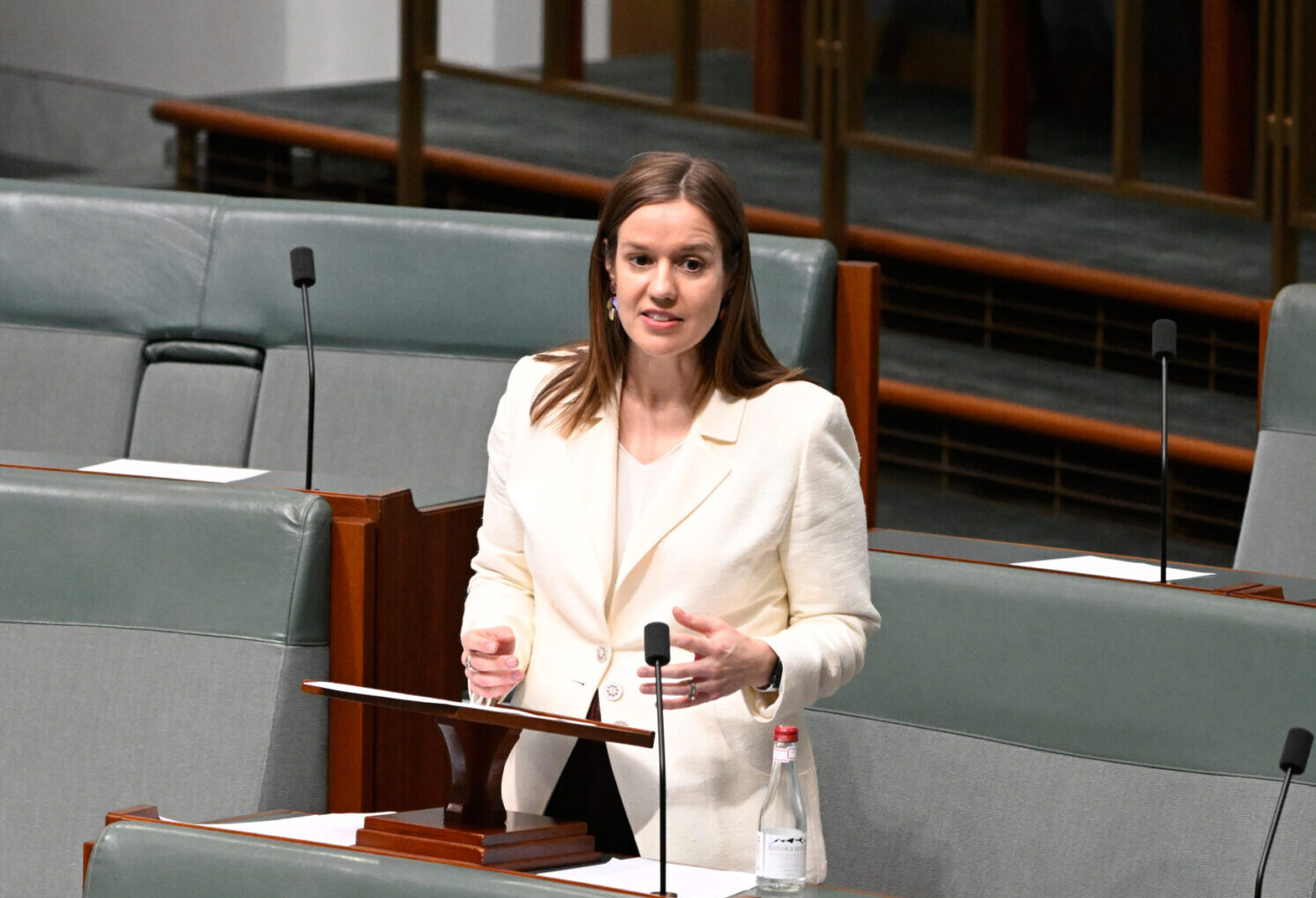This morning, in preparation for this speech, I read the lyrics of ‘Took the Children Away’. It’s a song I know well—as I know that most people in this place and around our country know well—but, as I started reading it this morning, of course I started crying. Such is the power of Archie Roach’s work, that a song so well known, so often played and heard, still moves me to tears, and I know I would not be alone in that.
Archie Roach was a powerful storyteller and musician. He told his story, and in doing so he also told our country parts of its story that we too often wanted to ignore. He did this with beauty, with dignity and with vulnerability. He invited all of us to share not just the sorrow and the horror but also the strength and the opportunity of that story. To be able to put together that life—which included a lot of pain and suffering being inflicted upon him—with the opportunity to also see the strength, dignity and opportunity for change is such a remarkable combination and achievement. It takes a remarkable man to be able to use that trauma as the starting point for strength, outreach and, ultimately, change. Coming back to where I began, the last words of ‘Took the Children Away’ are: ‘The children came back. Yes, I came back.’ They are words of hope, words of strength, words of a potential future—a way forward for our country from the hurt and from the trauma. They speak also to the importance for Archie Roach of his community, of his country, of his people and of coming back to those people and to that country. Archie Roach was a proud Gunditjmara and Bundjalung man, and I extend my deepest sympathies to all of his family and his community mourning his passing. Please know that our country grieves with you and that we feel privileged that we were also able to share his story, to hear his music and also, through him, to be moved to work for change.
I had the privilege of seeing Archie Roach perform a number of times, including performances with his great love, Ruby Hunter. And every single one of those performances was a special occasion. You always knew that when Archie had his guitar, when he was on a stage, that something beautiful was about to come, that something moving was about to come and that something powerful was about to come. One of the reasons I was privileged enough to see Archie Roach perform so many times is because his and Ruby’s story was also very much a Victorian and a Melbourne story. So much of it was set around Fitzroy and, as the title of Archie’s album makes clear, Charcoal Lane. He wrote about the places where his life happened. He wrote about his country, but he also wrote about the Melbourne streets where his story played out. And I also know from many of the tributes that have been paid to him, that him telling that story about what his life was like on those Melbourne streets has helped many a young First Nations person in Melbourne and Victoria to understand where their strength lies and to understand what a better future can look like for them. That is a remarkable legacy.
Archie Roach’s impact on Australian music is clear from the many tributes he has received from our musicians. From Paul Kelly, who he performed with, to more recent musicians such as Briggs, who in his tribute rightly said:
Being the greatest means you transcended the genre, and what you do impacts culture. You change culture around the world. You change the discussion.
This is what Archie Roach did. He changed culture and he changed lives. It is a remarkable gift and a remarkable legacy. Thank you Archie Roach, for sharing your story, your gift and your life with us. We will all miss you, but we are so grateful for having had you.
